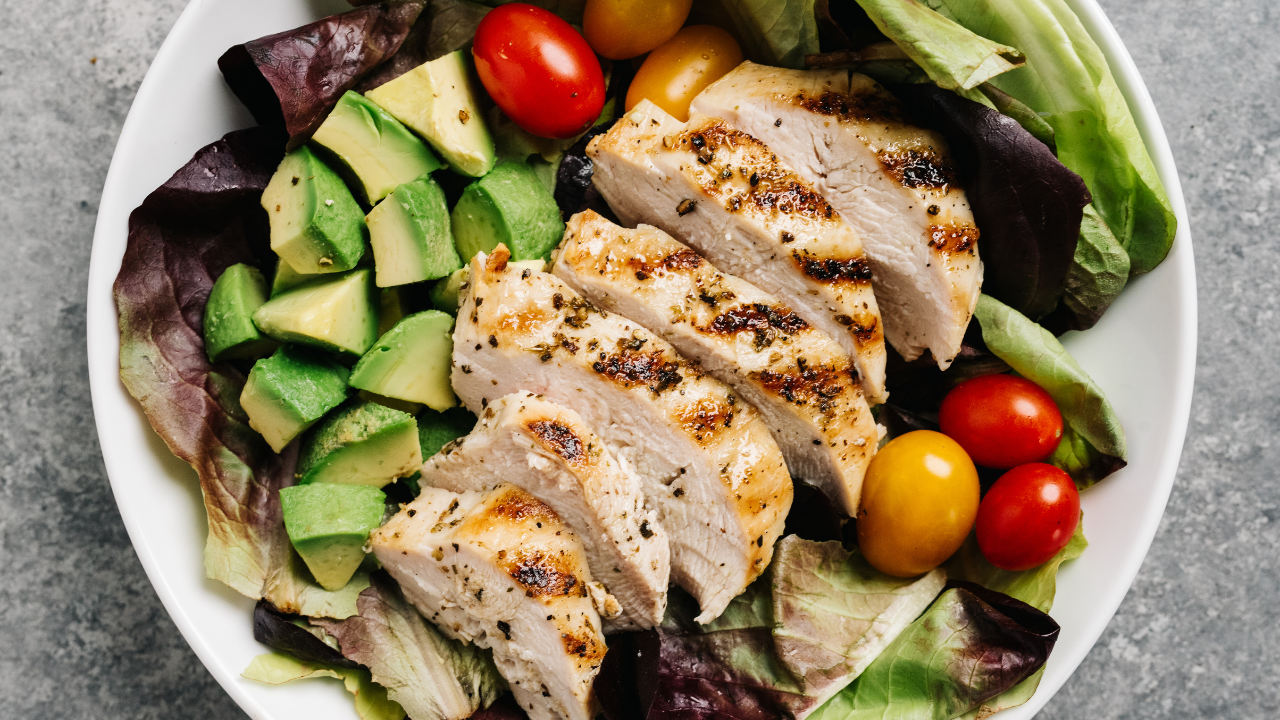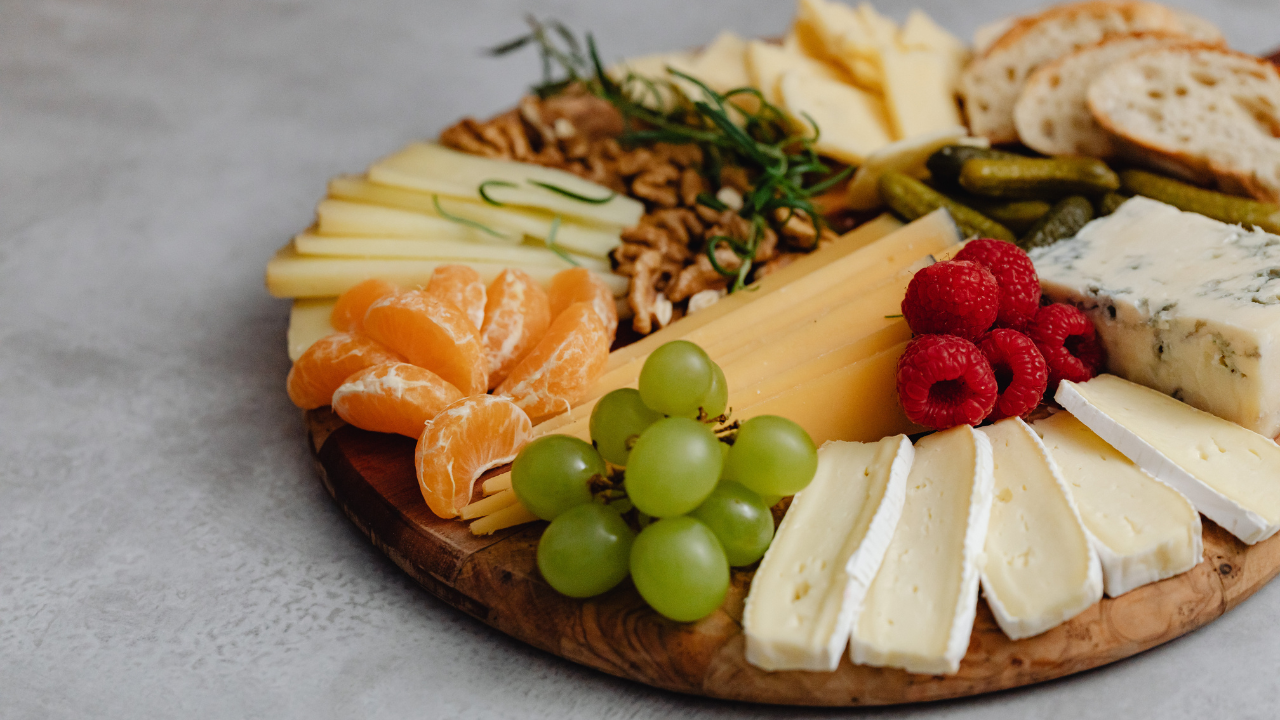The Truth About Weight Watchers
Weight Watchers (aka WW) is a popular weight loss diet that has been around for a long time. WW has been around since the 1960s, so they must be doing something right. But is this because Weight Watchers actually works, or just because people get stuck in the dieting cycle and can’t get out?
If you’re new here, hello and welcome! My name is Hannah and I am a non-diet dietitian here to help you improve your relationship with your food and finally find food freedom.
In this blog we will cover:
What is Weight Watchers?
The problems with Weight Watchers
The point systems
Food rules
Uneducated nutrition coaches
Disclaimer: if you like WW and find that it works for you, that’s great. The purpose of this post is to break down what WW is, how it works, and possible risks so that you can make your own informed decision.
What is Weight Watchers?
Weight Watchers is a popular weight loss program in which you are assigned a point quota, foods are assigned points, and you eat within your points to potentially lose weight. Basically, Weight Watchers is just another way of creating a calorie deficit.
Weight Watchers rebranded in 2018 to WW, which stands for Wellness that Works. They did this to move away from the idea that it is a “diet”, but spoiler alert, it’s still a diet. This rebrand was conducted with the intent to incorporate factors such as sleep, mindset, and exercise into the weight loss program so that they could call it a “lifestyle” rather than a diet.
The problems with Weight Watchers
Weight Watchers operates on a points system. Based on the plan that the WW algorithm gives you, you are assigned a number of points which correlates to the amount of food that you are “allowed” to eat. There are a few issues that I see with this points system.
The points system can lead to food guilt
When following the WW points system, it can seem like you are better off for eating lower point foods and that you are “bad” or a “failure” if you choose higher point foods. There is often guilt associated with eating higher point foods and reinforcement for eating lower point foods (and especially zero point foods, which I’ll get to). There is also unnecessary guilt associated with going over your allotted points.
Weight Watchers says to “Eat what you love - nothing’s off-limits!” - unless you are out of points for the day (I added that last part). No food is off limits … but here’s a seemingly arbitrary point value that you must stick to in order to be successful.
Rollover points and add points - you never have to earn your food
An updated version of WW has what they call “rollover points” along with “add points” (because the program wasn’t confusing enough as it was…).
With the rollover points, Weight Watchers states that you can use points on subsequent days if you don’t use them all up on the previous day. So basically, you are “allowed” to eat more tomorrow as long as you eat less today. Boo.
You can evidently also add points by eating non-starchy veggies, drinking water, and being active. So if you practice “good” behavior, you earn more food. But listen up - you never have to earn your food. While I of course encouraged plenty of vegetables, water, and physical activity, the amount of these that you do or don’t incorporate in your life will never determine what or how much you can eat. You deserve to eat even on days that you aren’t very active and don’t eat any vegetables.
Saving points aka eat less now so you can eat later
Many individuals will report a fear of running out of points if they are going to be dining out or having a “higher point” meal later in the day. This will result in them ignoring their hunger cues and not eating to save points for later. This inevitably leads to the restrict-binge cycle. Saving points (or calories) never pays off the way you might think it will.
Zero point foods is the same as “good” vs. “bad” foods
Similar to Noom’s traffic light approach to food, Weight Watcher’s zero point foods essentially put a “good” label on zero point foods (for which the criteria is unclear) and a “bad” label on foods that will take away from your allotted points for the day. This discourages you from listening to hunger and fullness cues and eating foods that satisfy you because you will try to only eat as many zero point foods as possible for volume.
Once again, this does not actually teach you about the nutrient composition of foods or how different foods may impact your hunger, fullness, or overall health.
Bottom line: if you reduce your view of food to points, this is likely going to impact your relationship with food.
Food rules are not the same as nutrition education
Another glaring issue with Weight Watchers is that it does not actually teach you about the nutrient composition of foods. This means that once you stop WW, you may not actually know how to choose foods and make balanced meals because you only see food as points. This is what keeps people coming back and the reason why they have been in business for nearly 6 decades and can afford Oprah Winfrey as one of their spokespeople.
Unqualified coaches
“WW Coaches are experts on our new program and behavior change, so reach out via 24/7 chat with a Coach whenever you have questions” - Weight Watcher website.
Here’s the thing - “expert on the WW program and behavior change” is not the same as “expert in nutrition, weight science, and exercise”. The only qualification to be a WW coach is to love WW (and to understand their confusing program).
There are many risks associated with putting your health in the hands of an unqualified “coach”, including under-nourishing, development of disordered eating behaviors, and getting stuck in the diet cycle. I know I am biased, but I highly encourage receiving your nutrition guidance, advice, and information from registered dietitians.
Bottom line
As a registered dietitian, I do not recommend Weight Watchers. Food is so much more than just a point value. Even though they are rebranding to say they aren’t a diet, WW will always be a diet. They just make calorie restriction “different” so you feel like you aren’t restricting and you are “allowed” so much food, but the truth is that you are under-fueling and very likely to regain weight that is lost.
What are your thoughts on Weight Watchers? Leave them in the comments below.
Learn more
Featured podcast episode
Want more help on your intuitive eating journey?
Join my membership to become part of a community of ex-dieters working towards food freedom and making peace with food so they no longer need to cut out their favorite foods.
































